Human TRANCE/TNFSF11/RANKL ELISA Kit
$299.00 – $419.00
ELISA Kit Detail Information
| Related Target | |
|---|---|
| Species | human |
| Sample Type | Serum, plasma, cell culture supernatant, and other biological samples |
| Sample Volume | 50 μL |
| Sensitivity | 0.75 pg/mL |
| Array Range | 7.81 pg/mL – 500 pg/mL |
| Assay Time | 3.5 h |
| Recovery | 80% – 102% |
| Average Recovery | 91% |
| Intra Precision | 5.6% – 8.6% |
| Inter Precision | 2.2% – 7.7% |
| Plate | Detachable 96-well plate |
| Storage | If the reagent kit is unopened, it should be stored at 4℃. However, if it has been opened, the standard solution should be stored at -20℃, while the other components should be stored at 4℃. |
| Delivery | 4℃ blue ice transportation |
| Components | 96-well polystyrene enzyme-linked immunosorbent assay (ELISA) plate coated with anti-TRANCE/TNFSF11/RANKL monoclonal antibody Human TRANCE/TNFSF11/RANKL freeze-dried standard TRANCE/TNFSF11/RANKL detect Antibody Standard Diluent Assay Buffer(10×) Substrate TMB Stop Solution Washing Buffer(20×) Sealing Film |
| Assay Principle | This kit utilizes the double antibody sandwich enzyme-linked immunosorbent assay (ELISA) detection technique.Specific anti-human TRANCE antibodies are precoated on a high-affinity ELISA plate.Standards and test samples are added to the wells of the ELISA plate. After incubation, the TRANCE present in the samples binds to the solid-phase antibodies. After washing to remove unbound substances, biotinylated detection antibodies are added and incubated. After washing to remove unbound biotinylated antibodies, streptavidin-HRP labeled with horseradish peroxidase is added. After washing, a colorimetric substrate, TMB, is added and the plate is incubated in the dark for color development. The intensity of the color reaction is directly proportional to the concentration of TRANCE in the samples. A stop solution is added to terminate the reaction, and the absorbance value is measured at a wavelength of 450 nm (with a reference wavelength range of 570-630 nm). |
Related Targets
TNFSF11
TNFSF11 Target Infomation Overview
- Target Symbol: TNFSF11, TNF superfamily member 11
- Gene Groups: CD molecules; Tumor necrosis factor superfamily
- Alias: TRANCE; RANKL; OPGL; ODF; CD254
- Alias Names: tumor necrosis factor (ligand) superfamily, member 11
TNFSF11, TNF superfamily member 11 Target Infomation by Species
- Human
- Mouse
- Rat
Human TNFSF11 Target Information
- Target Symbol: TNFSF11, TNF superfamily member 11
- Alias:
- CD254
- hRANKL2
- ODF
- OPGL
- OPTB2
- osteoclast differentiation factor
- osteoprotegerin ligand
- RANKL
- receptor activator of nuclear factor kappa B ligand
- receptor activator of nuclear factor kappa-B ligand
- sOdf
- TNF-related activation-induced cytokine
- TNLG6B
- TRANCE
- tumor necrosis factor (ligand) superfamily member 11
- tumor necrosis factor (ligand) superfamily, member 11
- tumor necrosis factor ligand 6B
- tumor necrosis factor ligand superfamily member 11
- tumor necrosis factor superfamily member 11
- NCBI_Gene: 8600
- UniProtKB: O14788
Human TNFSF11 Predicted Functions
Enables cytokine activity. Involved in several processes, including positive regulation of MAPK cascade; positive regulation of cell-cell adhesion; and regulation of transcription, DNA-templated. Predicted to be located in extracellular region and plasma membrane. Implicated in autosomal recessive osteopetrosis 2 and osteoporosis. Biomarker of myocardial infarction.
Mouse Tnfsf11 Target Information
- Target Symbol: Tnfsf11, tumor necrosis factor (ligand) superfamily, member 11
- Alias:
- Ly109l
- ODF
- OPGL
- osteoclast differentiation factor
- RANKL
- TNF-related activation-induced cytokine
- Trance
- NCBI_Gene: 21943
Mouse Tnfsf11 Predicted Functions
Enables identical protein binding activity and tumor necrosis factor receptor superfamily binding activity. Involved in several processes, including intracellular signal transduction; positive regulation of secretion by cell; and tumor necrosis factor-mediated signaling pathway. Acts upstream of or within several processes, including animal organ development; cellular response to cytokine stimulus; and positive regulation of intracellular signal transduction. Predicted to be located in cytoplasm; extracellular space; and plasma membrane. Predicted to be integral component of membrane. Is expressed in genitourinary system; hemolymphoid system; hindlimb long bone; and lymphatic system. Used to study autosomal recessive osteopetrosis 2 and osteoporosis. Human ortholog(s) of this gene implicated in autosomal recessive osteopetrosis 2 and osteoporosis. Orthologous to human TNFSF11 (TNF superfamily member 11).
Rat Tnfsf11 Target Information
- Target Symbol: Tnfsf11, TNF superfamily member 11
- Alias:
- LOC103689974
- ODF
- OPGL
- osteoclast differentiation factor
- osteoprotegerin ligand
- RANKL
- receptor activator of nuclear factor kappa B ligand
- receptor activator of nuclear factor kappa-B ligand
- TNF-related activation-induced cytokine
- TRANCE
- tumor necrosis factor (ligand) superfamily, member 11
- tumor necrosis factor ligand superfamily member 11
- tumor necrosis factor superfamily member 11
- NCBI_Gene: 117516
Rat Tnfsf11 Predicted Functions
Predicted to enable cytokine activity; identical protein binding activity; and tumor necrosis factor receptor superfamily binding activity. Involved in several processes, including positive regulation of bone resorption; positive regulation of osteoclast differentiation; and response to immobilization stress. Predicted to be located in extracellular space and plasma membrane. Predicted to be integral component of membrane. Biomarker of mucopolysaccharidosis VI and myocarditis. Human ortholog(s) of this gene implicated in autosomal recessive osteopetrosis 2 and osteoporosis. Orthologous to human TNFSF11 (TNF superfamily member 11).

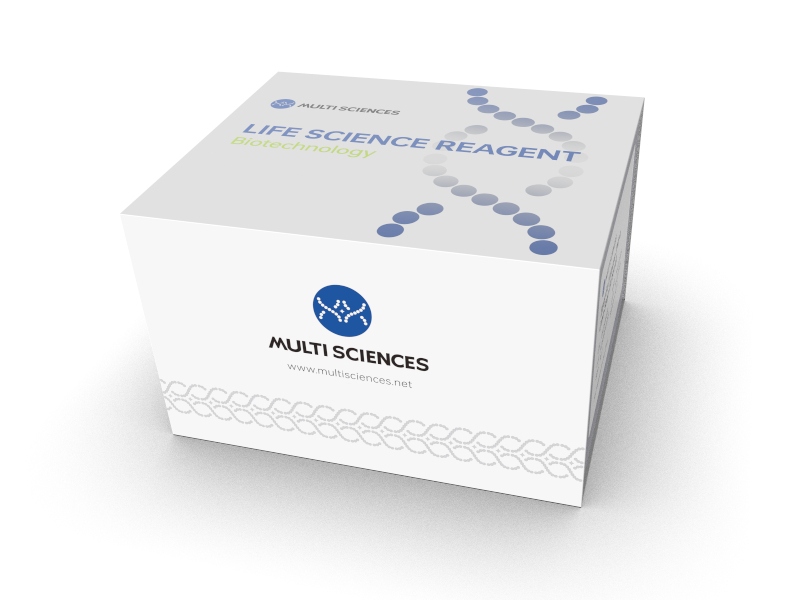
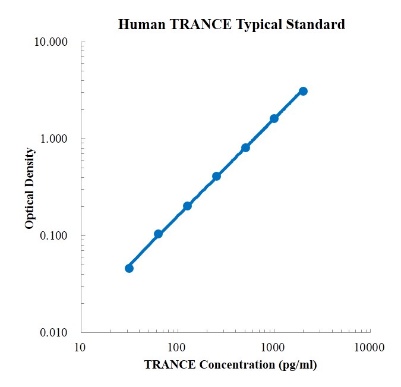
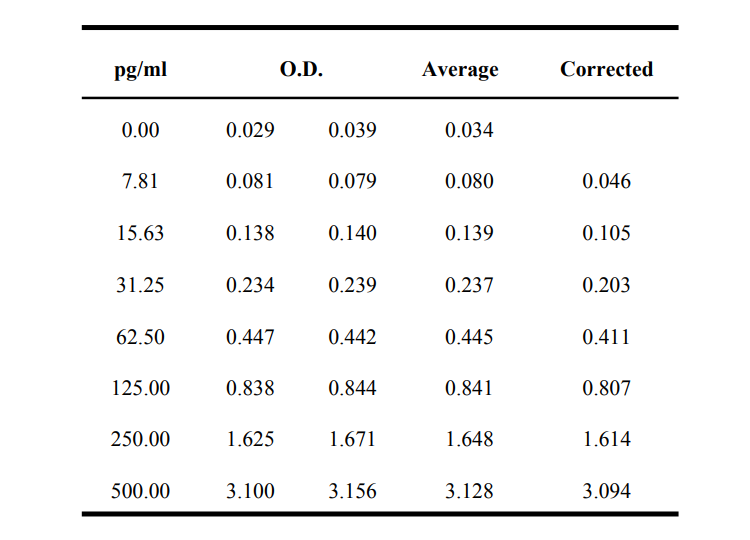


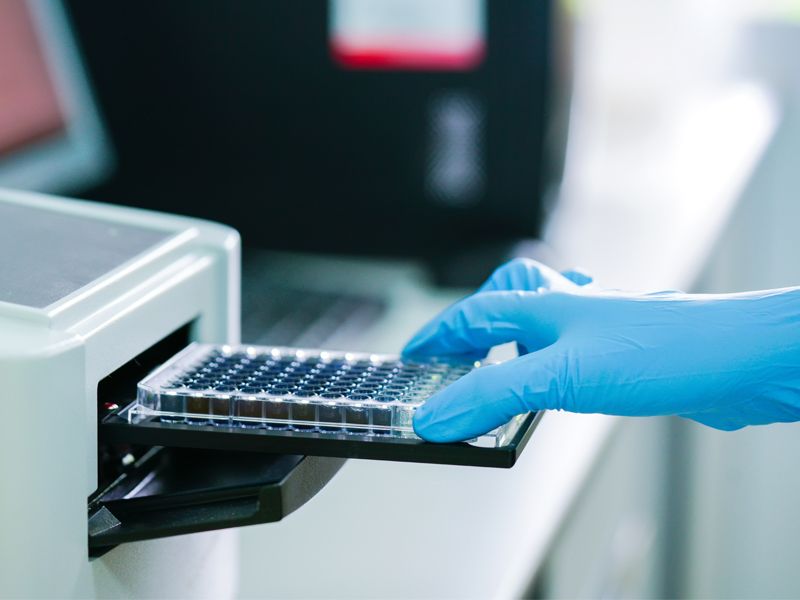
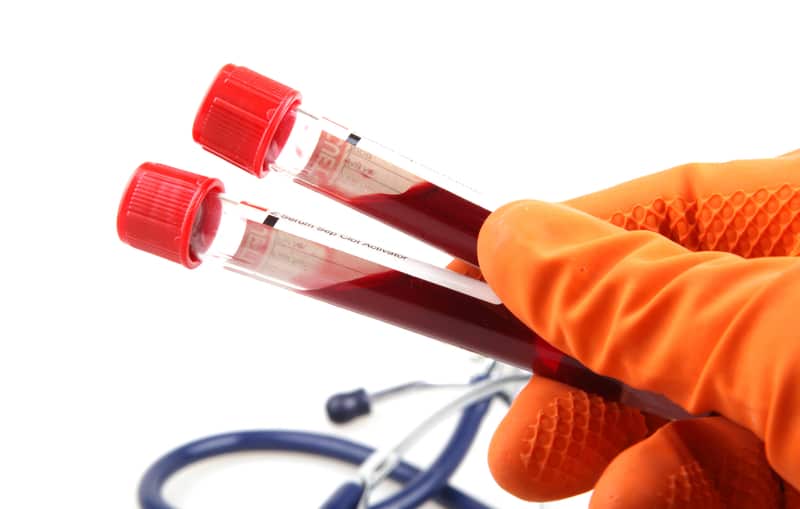
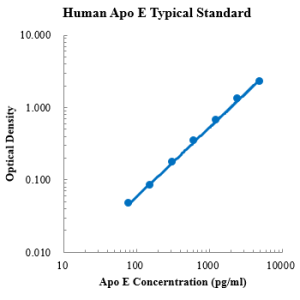
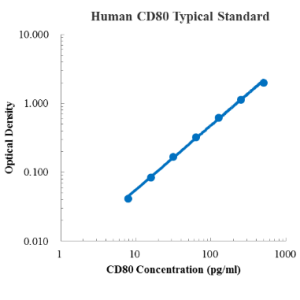
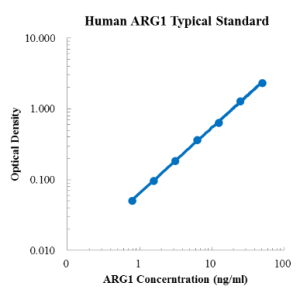
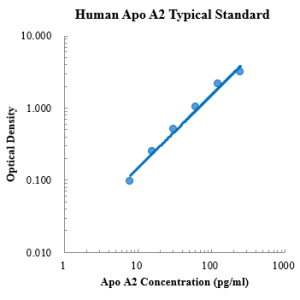
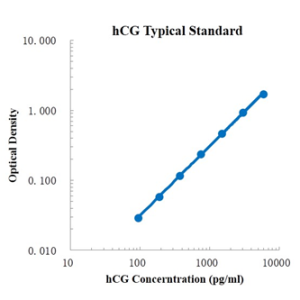
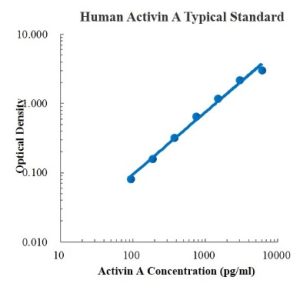
Reviews
There are no reviews yet.